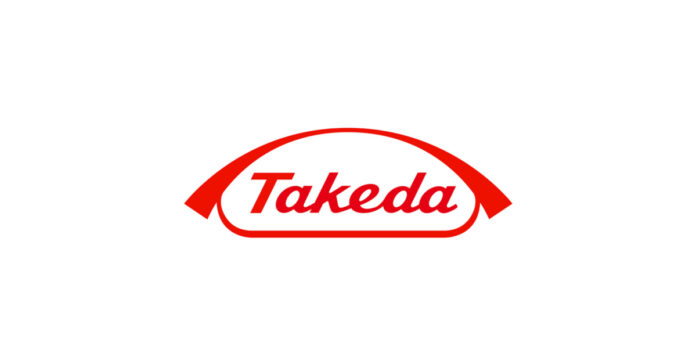CAMBRIDGE, Mass. — Takeda (TSE:4502/NYSE:TAK) announced new seven-year data from its pivotal Phase 3 Tetravalent Immunization against Dengue Efficacy Study (TIDES) trial, confirming that its dengue vaccine, QDENGA (Dengue Tetravalent Vaccine [Live, Attenuated]) (TAK-003), provides durable protection against dengue infection and hospitalization. The findings reinforce QDENGA’s long-term safety profile and support its two-dose vaccination schedule, consistent with approved indications in multiple countries.
“We are seeing an unprecedented surge in dengue, with over 14 million cases reported across more than 100 countries in 2024 alone, largely driven by the impacts of climate change and inadequate urbanization,” said Edson Moreira, M.D., senior researcher at the Oswaldo Cruz Foundation, Brazilian Ministry of Health. “The inclusion of QDENGA in Brazil’s public vaccination program has reduced symptomatic dengue cases and dengue-related hospitalizations.”
After 4.5 years, two doses of QDENGA demonstrated 61.2 percent vaccine efficacy in preventing virologically confirmed dengue. A booster dose administered at 4.5 years increased efficacy to 74.3 percent after two years. The vaccine showed 84.1 percent efficacy in preventing dengue-related hospitalizations at 4.5 years, which rose to 90.6 percent following the booster. Efficacy was observed across all four dengue virus serotypes, and no new safety signals were detected following the booster dose.
“QDENGA is the most comprehensively studied dengue vaccine, with more than 60,000 participants globally in the clinical program,” said Derek Wallace, M.D., president of Takeda’s Global Vaccine Business Unit. “These long-term data highlight the durability of its safety and efficacy profile across diverse populations worldwide. We are proud to have worked closely with the clinical trial participants, collaborators, and investigators who helped make this milestone possible.”
Takeda continues to expand access to QDENGA through partnerships with national immunization programs, private payors, and public health organizations. The company also invests in post-marketing research and real-world studies to further assess safety and effectiveness, including an Impact Study in Dourados, Brazil, and the DEN-401 study in Southeast Asia.
Since its first approval in Indonesia in 2022, QDENGA has been authorized in 41 countries, with 18.6 million doses distributed across 11 dengue-endemic nations as of September 2025. The World Health Organization has included QDENGA on its List of Prequalified Vaccines, recognizing its quality and suitability for use in public vaccination programs.
These findings were presented at the World Society for Pediatric Infectious Diseases (WSPID) 14th Annual Congress on October 29, 2025. Additional results from non-endemic booster studies will be presented at the American Society of Tropical Medicine and Hygiene (ASTMH) Annual Congress on November 11, 2025.


